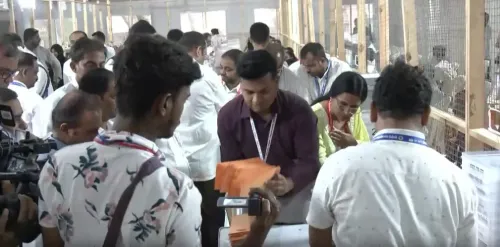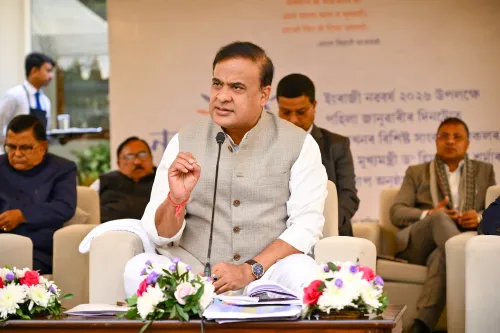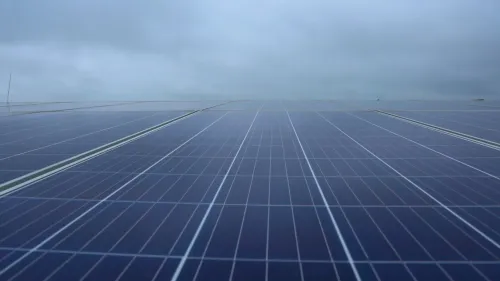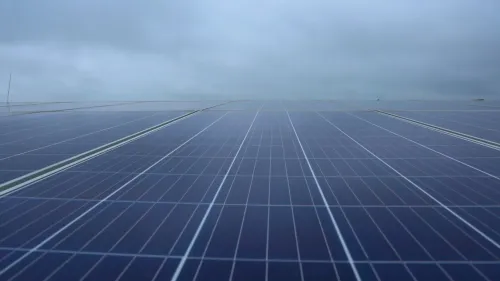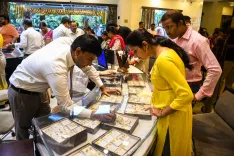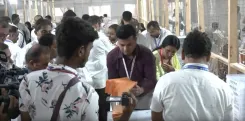Is the 130th Constitution Amendment Bill Ending Democracy in India Forever?
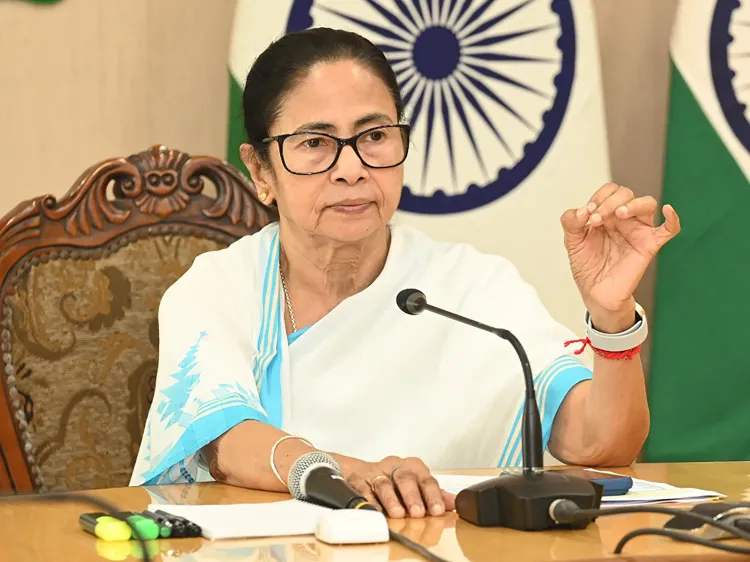
Synopsis
Key Takeaways
- Mamata Banerjee warns against the dangers of the 130th Amendment Bill.
- The bill could undermine judicial independence.
- It raises concerns about a potential one-party system.
- Critics see it as a move towards authoritarianism.
- Safeguarding democracy and rights is crucial.
Kolkata, Aug 20 (NationPress) West Bengal Chief Minister Mamata Banerjee vehemently criticized the Central Government's introduction of the 130th Constitution Amendment Bill, asserting that it signals a move towards a "super-emergency" and could potentially "terminate the democratic era of India forever".
In a post on her X account, Banerjee stated, "I denounce the 130th Constitutional Amendment Bill, which is set to be introduced by the Indian Government today. This is a step towards something beyond a super-emergency, marking the end of democracy in India for eternity. This draconian measure acts as a death knell for democracy and federalism in our country."
She further criticized the Election Commission's Special Intensive Revision (SIR), labeling it another "super-draconian action" aimed at undermining the voting rights of Indian citizens.
Banerjee asserted that the bill seeks to diminish the power of the judiciary and its Constitutional duties.
"This Bill aims to obliterate the Independence of our Judiciary. What we are witnessing is unparalleled -- the Bill represents a Hitlerian attack on the essence of Indian democracy. It intends to strip the judiciary of its Constitutional role, removing the Courts' authority to adjudicate on matters central to justice and federal equilibrium. By placing such powers in biased hands, the Bill mutilates our democracy," she remarked.
This strong condemnation from the Chief Minister followed the Union Home Minister Amit Shah's introduction of the Constitution (130th Amendment) Bill, 2025, which allows for the removal of a Central or State Minister facing corruption allegations or serious offenses after being detained for 30 days or more, even if they have not been convicted.
Continuing her critique of the BJP-led Central Government, CM Banerjee stated, "This is not a reform; it's a regression towards a scenario where the law is no longer upheld by independent Courts but is controlled by vested interests. This is a chilling move towards establishing a rule where judicial scrutiny is stifled, Constitutional protections are dismantled, and the rights of the populace are suppressed. This is how authoritarian regimes, even fascist ones in history, consolidated their power. It reflects a mindset that the world once condemned during the darkest times of the 20th century."
The Chief Minister emphasized that this bill serves as a death warrant for Constitutional governance in India.
"Weakening the Courts equates to weakening the people. Denying them the right to seek justice is synonymous with denying them democracy itself. The bill attacks the fundamental structure of the Constitution - federalism, separation of powers, and judicial review - principles that even Parliament cannot override. If passed, it will act as a death warrant for Constitutional governance in India," she warned.
The Trinamool Congress leader also suggested that the bill aims to establish a one-party, one-government system in the country.
"The intention behind this Bill is to create a one-man, one-party, one-government system. It disregards the fundamental structure of the Constitution. The Bill seeks to empower the Union to interfere with the public mandate, granting extensive powers to unelected bodies (ED, CBI - described by the Supreme Court as 'caged parrots') to meddle in the operations of elected State governments. This move empowers the Prime Minister and the Union Home Minister in a nefarious manner, undermining the core principles of our Constitution," Banerjee stated.
She concluded with a strong call to action: "This Bill must be opposed at all costs! We must safeguard democracy at this critical moment! The people will not forgive any attempt to strip them of their Courts, their rights, and their democracy."
The Centre introduced three bills -- The Constitution (130th Amendment) Bill, The Jammu & Kashmir Reorganisation (Amendment) Bill, and The Government of Union Territories (Amendment) Bill -- in the Lower House on Wednesday.


